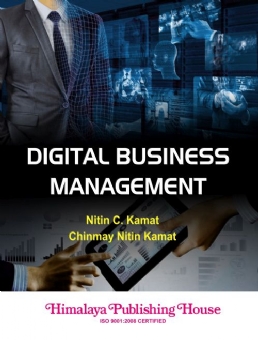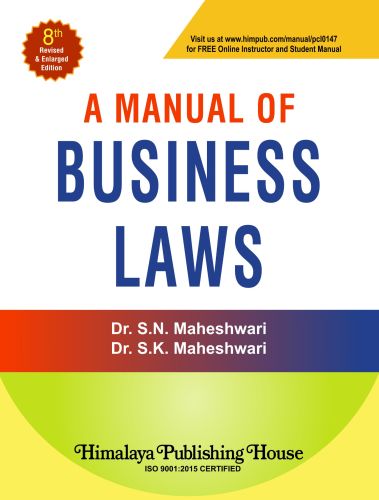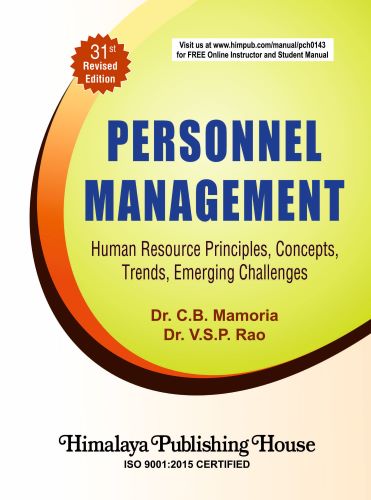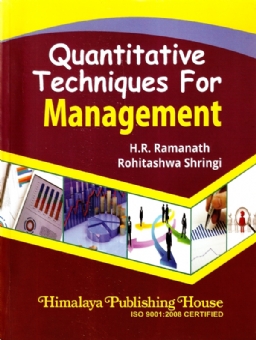We are happy to offer the book “Digital Business Management” to both management students and faculties alike. More so, since this is a very important subject – one which will help enable to change the outlook of future managers.
Each new problem offers new opportunities to managers. Now, we are in the age of seamless communication. Put differently, Desktops are giving way to Laptops and, Laptops, in turn, to Tabs and Mobiles. As a result, updates of information are available the minute. The opportunity lies in innovative ideas and leveraging it to enable IT-led growth in all aspects of business.
That said, Small and Medium Enterprises (SMEs) are growing faster with each passing day. In today’s revolutionary Internet and mobile era, they are caught between the two methods of doing business – one, the bullock cart method (legacy procedures) and the other – business process-driven digital method.
The very purpose of this book is to help understand the digital transformation of brick and mortar type of traditional business and how to convert it into its digital equivalent in all the management aspects, including – Marketing, Human Resources and Governance.
This book is in line with the Savitribai Phule Pune University (SPPU) MBA syllabus, Mumbai University’s ‘Digital Management’ MMS syllabus and as a subject covering all the topics in detail for the students of all Indian Management Institutes as well.
Contents –
Part 1 : Digital Transformation and Government
1. Digital Transformation
2. Digital Government
Part 2 : E-Business and E-Commerce Environment
3. Introduction to E-Environment
4. Creating and Integrated E-Commerce Strategy
5. Constructing and E-Business
6. Building and E-Business : Design, Development and Management
7. E-Commerce Laws (Licenses and Electronic Contract)
8. Laws of Cyberspace
9. Ethical, Social and Global Issues
10. The Conduct and Regulation of E-Commerce
Part 3 : Digital Marketing Environment
11. Basics of Digital Marketing
12. Digital Marketing Environment
13. Online Consumer Behaviour Analysis
14. Product Mix of Marketing
15. Customer Relationship Management
16. Social Media Marketing
Part 4 : Human Resource Environment
17. Human Resource Information System (HRIS)
18. Management Information Systems (MIS) and HRIS
19. Implementation of HRIS
20. HRIS Application
21. Other HRIS Applications (Ancillary Modules in the HRIS System)
22. Emerging Trends in HRIS
Part 5 : Operations Environment
23. Enterprise Resource Systems in Operations
Part 6 : Case Studies and Success Stories of E-Business
24. E-Business and E-Commerce Case Studies
Appendix







